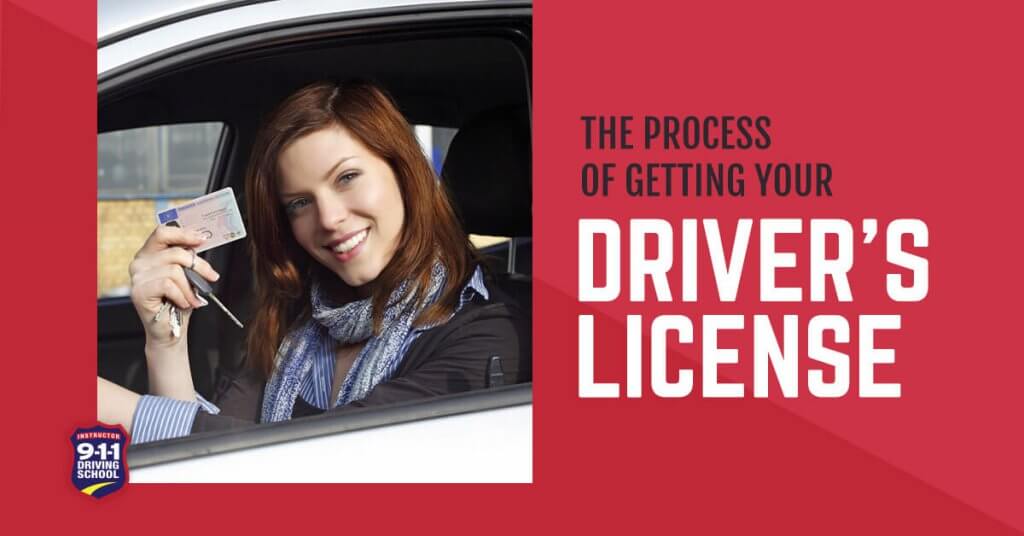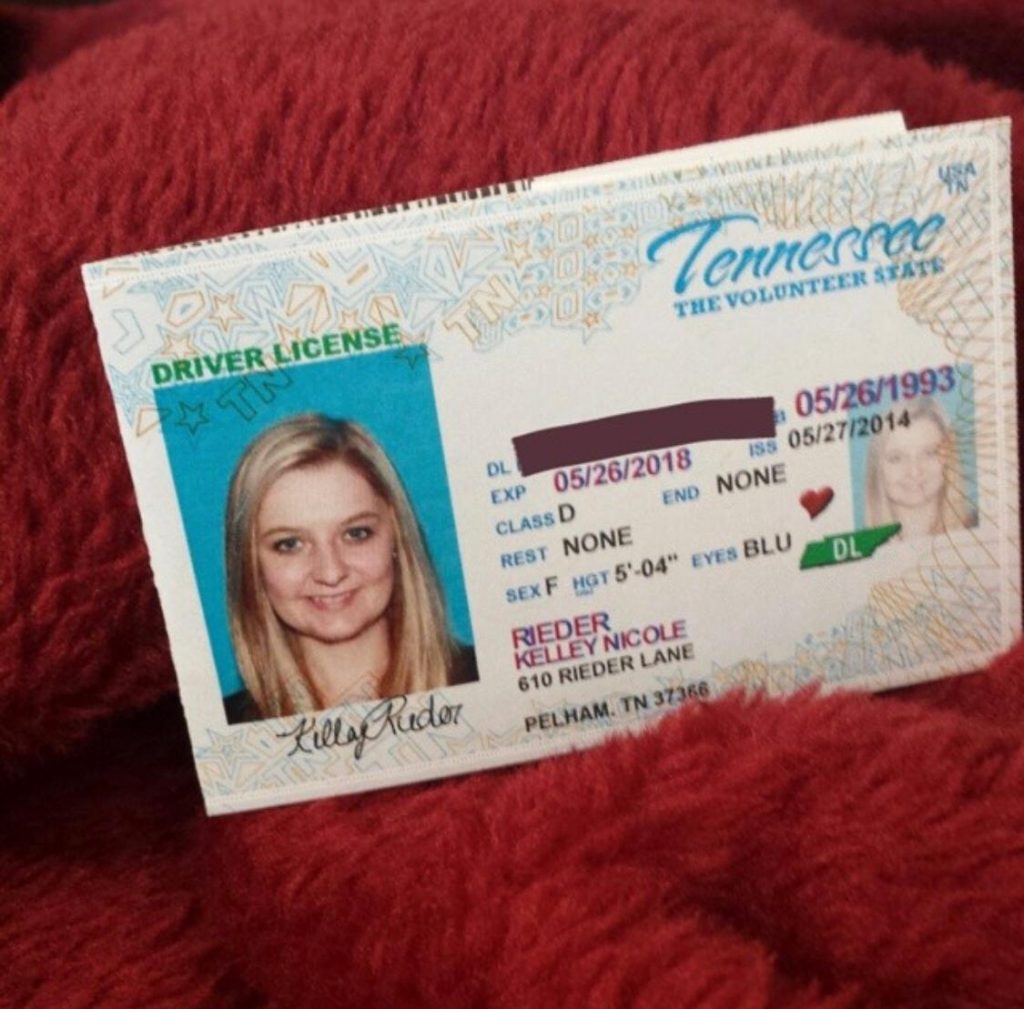
If your teen is taking medications (prescription or over-the-counter) or has any medical illnesses, you should check with the physician prescribing the medications about possible effects on the teen's driving ability.Ĭonsider making sure that the vehicle your teen drives is in safe condition (brakes, tires, etc.) and working properly.
License to drive drivers#
Inexperienced drivers often concentrate on driving correctly and fail to anticipate the actions and mistakes or errors of other drivers. Teach your teen about the importance of defensive driving. It is helpful to demonstrate the importance of controlling emotions while driving (e.g. Talk candidly with your teen about the dangers and risks of distractions such as music from radio/CD/MP3 player, passengers, eating food, and using cell phones. Parents should be comfortable with their teen's level of driving skill, and experience is important before allowing him or her to drive independently.
License to drive license#
When teens pass the official driving test they receive their driver's license and can legally drive independently (some states have restrictions on 17 year old drivers). The Driver's License (Driving Independently) If you find yourself yelling, making sarcastic remarks, or being upsetting to your teen, consider asking your spouse, another relative, or friend to help out. However, not all parents have the temperament to teach driving.
License to drive driver#
Additional driving experience generally makes the teen a safer driver and eases the transition to driving independently.

Teen drivers need to get as much driving experience as possible after they obtain their learner's permit. One teenager has even developed a website specifically for teens learning to drive (Teen New Driver Homepage - Parents are in a unique position to show their children proper driving skills and to teach proper driving choices. AAA offers a training program (available on video or CD-ROM) "Teaching Your Teens to Drive: A Partnership for Survival".

Private driving instruction is another alternative. In many states, completing a driver's education course results in reduction of the teen's automobile insurance costs. These classes are often sponsored by schools. In most cases the best way for teens to learn to drive is through a driver's education class. When a teenager obtains a learner's permit they can start learning to drive with an adult present in the car to supervise and teach. Problems which contribute to the high crash rate of young drivers include: driving inexperience, lack of adequate driving skills, risk taking, poor driving judgement and decision making, distraction, alcohol consumption and excessive driving during high risk hours (11PM-5AM). Traffic crashes are the #1 cause of death and injury for people ages 16-20, with more than 5,600 teens dying in motor vehicle collisions each year. Parents often have many concerns and fear for their teen's safety on the road.Īccording to the American Automobile Association (AAA), teenage drivers are four times more likely to be involved in a car crash than adult drivers. Some teens, however, may be pushed to drive by peer or parental pressures before they feel ready. Most teens count the hours and days until they can get their learners permit (usually age 16) and take their driving test to demonstrate driving competence.

Parents no longer have to do the driving - the teen can get places on his or her own. A driver's license is one of the biggest status symbols among high school students, and getting a driver's license makes the adolescent feel more independent.


 0 kommentar(er)
0 kommentar(er)
